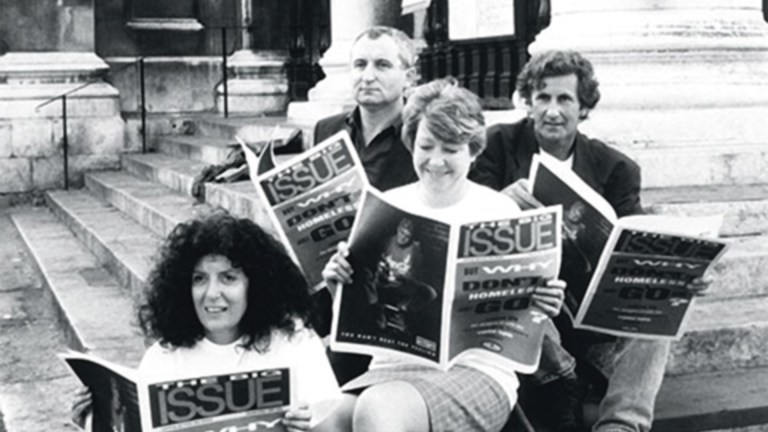This means the Eatwell Plate is entirely out of reach for them. Our members reflect the reality of life for many in the UK, on the edge of crisis but often missing from official stats due to keeping their heads just above water. More people each year are pushed closer to this cliff edge due to ongoing inflation issues and household incomes not managing to keep up with rising costs.
Lack of funds combines with a lack of access for many. Our members often live in so-called food deserts, where access to nutritious food is limited by poor public transport or the lack of a large big-name supermarket, or food swamps, where affordable food is more readily available but is usually fast and calorific.
Our members face the decision every month to either eat a poorer diet, with barely any nutritional value, or just skip meals entirely. Simply telling people to eat better without any action to address the underlying causes of a bad diet is a shallow approach, and one which we’ve unfortunately seen repeated over and over.
All issues combined lead to higher levels of obesity, poor health and malnutrition within less advantaged communities. The poor health suffered isn’t just physical either – another common theme among those with little disposable income is poor mental health.
Of those who reported having less than £50 left at the end of the month, our most recent survey found that half suffer from regular anxiety. Some 38% of our members defined their mental health as poor.
Nutrition – and access to it – is a complex problem unfortunately reduced to less so by those in power. And we know that when given easier access to produce, our members improve their diets, and often their cooking skills – 80% say they are cooking better since joining us, and 85% are eating more fruit and veg.
People know that nutritious food is the right kind of food to eat – but with £50 to live on (and some will have less), and no access to a major supermarket, there is no choice but to fall back on filling and calorific food, cheaply bought and more easily available.
Our belief is that a solution lies in the way food manufacturers and distributors work, in the way food waste is reported, and more broadly in social policy which must begin to recognise those who fall through the gaps in society.
The government must work with surplus food distribution organisations to better understand the impact of policy decisions on those just about managing. Healthy diets, obesity, access to food and production of ultra-processed foods are all intrinsically linked.
It must also introduce mandatory food waste reporting to allow food surplus distribution services to be baked into the long term business plans of manufacturers and suppliers. This will help level up access to healthy foods, which will tackle obesity at the coal face of struggling communities.
And it must encourage retailers to give manufacturers authorisation to redistribute their surplus own-brand products without the need to remove branding or packaging.
Mark Game is chief executive of the Bread and Butter Thing, a food distribution charity in the North West. It has 75,000 members and redistributes to around 7,500 families a week.
Do you have a story to tell or opinions to share about this? We want to hear from you. Get in touch and tell us more.










